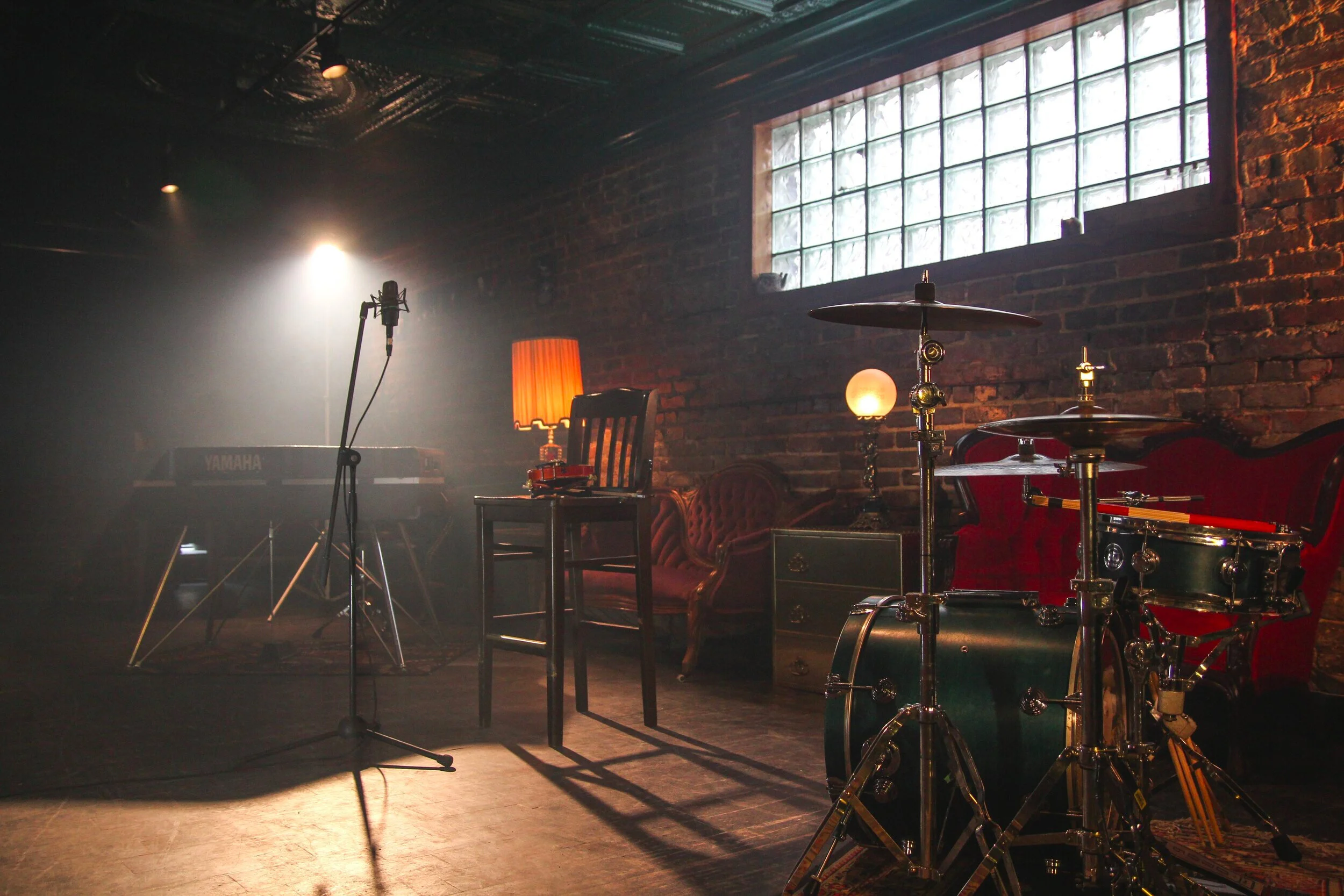Communicating Sound
Programs for Students in the Arts
As lifelong musicians with musicology backgrounds in higher education, we know the skills it takes to sustain a successful career in the arts. We have designed a range of programs offering dedicated spaces for students to work on arts-specific writing and communications skills. Whether you’re writing a grant application, a press release, or a concert program note, or creating web content and branding, we got you.

Communicating Sound Tracks
This workshop, developed in collaboration with percussionist and music educator Chris Graham, is designed to help young musicians become better writers and communicators.
This series uses the arts as a lens for thinking critically about the performing arts, culture, and society. You will leave with the communications skills you need to succeed in college.
Audience creation and community engagement are important for professional musicians to master. This workshop run by two musicologists will teach you the real-world writing and communications skills to succeed as working composers and musicians.

What Our Students Are Saying…
“One thing I got out of this is not just being able to talk to non-musicians but being able to talk to a broad audience, so being able to make things simple enough for non-musicians to understand but also including enough detail so people with more of a musical or technical background can still get something out of it and it's not too "dumbed down" for them. It's really surprisingly hard to strike that balance.”
— John, Communicating Sound student
“Something I never really thought about before is that there's different ways to talk about music depending on your audience.”
— Ben, Communicating Sound student
“I learned how to create a website, and write a bio for myself. I learned that I do not need to have a lot of actual musical knowledge to get ideas across and it is possible to communicate with musicians and non musicians at the same time.”
— Communicating Sound student
“I think it's always cool to have a room full of musicians and talk about things like arts advocacy.”
— Elisha, Communicating Sound student
“I didn't start with music until I was older and I didn't have the most solid start in music, so I understand how it feels to not understand what a musician is talking about. What I've learned is how to tailor my language to non-musicians, and I also practiced by talking to my family, because none of them are musicians.”
— Christian, Communicating Sound student
“When applied to things that I can relate to, history can be really enjoyable.”
— Communicating Sound student
“I consider myself a non-musician, I'm really not trained in theory. I kind of learned that it's alright to not have a lot of actual musical background. I'm still able to communicate my musical ideas. I learned how to write.”
— Jackson, Communicating Sound student

